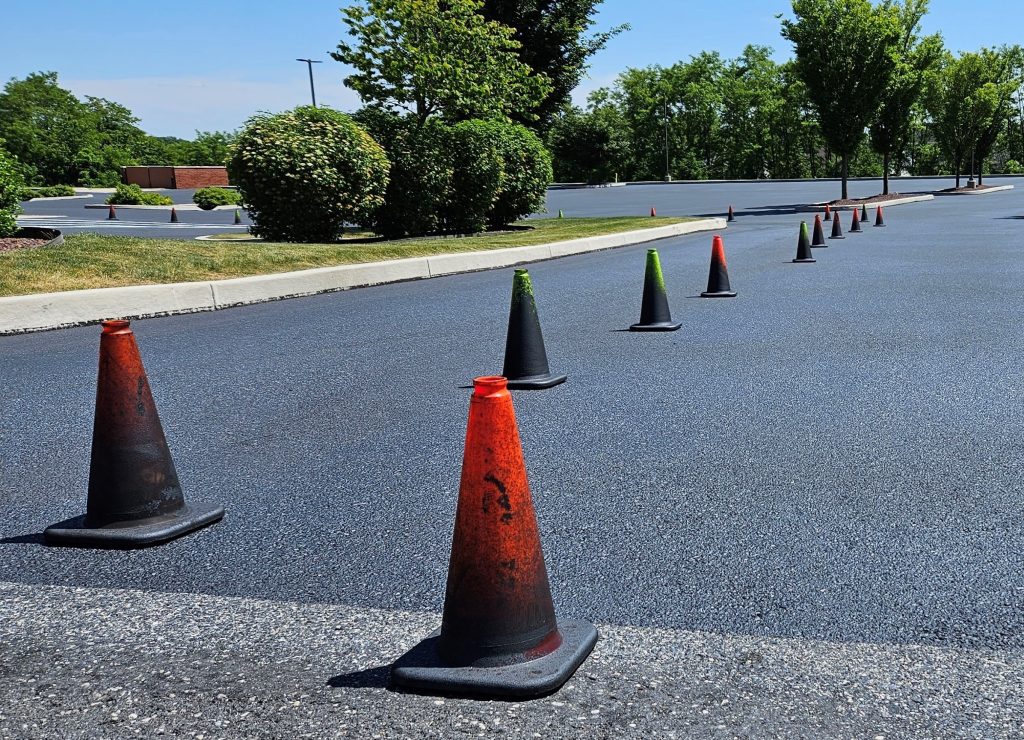Sealing driveways and parking lots may seem like routine maintenance for homeowners, but recent studies raise concerns about the potential health risks associated with some of the materials.
Coal-tar sealants have been used for decades on driveways and parking lots. They include a class of compounds known as Polycyclic Aromatic Hydrocarbons.
Harry Campbell, science policy and advocacy director for the Chesapeake Bay Foundation, said exposure to the chemicals has been linked to cancer.
“Studies have actually found that PAHs increased the risk of lung, skin and bladder cancers in people and pets,” Campbell explained. “In fact, it’s also been found that PAHs can increase the mental developmental delays in children.”
Campbell argued the best way to reduce exposure to the chemicals would be to have coal-tar-based sealants removed from Pennsylvania stores, a move several states and some local governments have already made. In the meantime, he pointed out asphalt sealants are safer alternatives. They still contain the chemicals, but at far lower concentrations.
Campbell noted concrete is an even better alternative to asphalt, and recommended another way to reduce exposure is to try not to transport the dirt and dust on your shoes into your home.
“The studies have found actually that homes that are adjacent to areas that have had sealants on their driveways and parking lots have upwards of 25 times more PAHs in the dust inside the home than those that do not have or live near adjacent to sealed parking lots,” Campbell reported.
Campbell added the chemicals flowing into rivers and streams can form a toxic brew for fish and riparian wildlife. One study of runoff from areas with seal-coated pavement found it was toxic to minnows and water bugs, while runoff from untreated lots caused less than 10% mortality.




